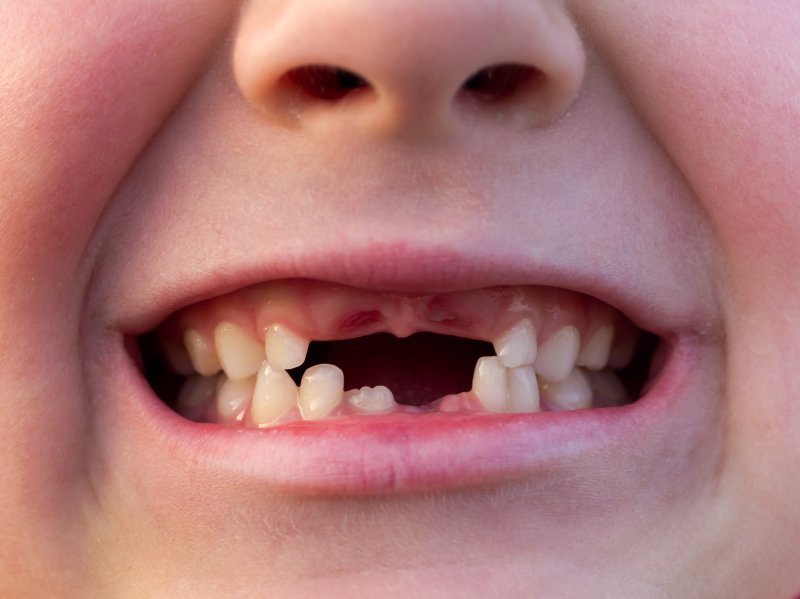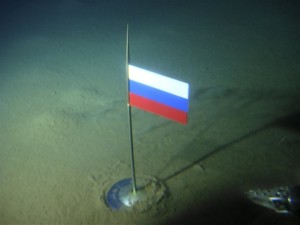Kentucky Teen Sent Home for Showing Collarbone

(Facebook)
http://www.today.com/style/kentucky-student-violates-high-school-dress-code-exposed-collarbone-t39211
1) When do clothes become a distraction? In what ways could you prove that certain policies affect groups disproportionately? How can we prove a concept like decency? Who gets a say?
2) Why might the girl's grandmother feel differently about this issue than her grandfather? Why might a teenager in 1940 feel differently about this than a current teenager? A woman from Iran?
3) How is this connected to geography? In what ways is this connected to science? Censorship of books?
4) What if a male had word the same outfit? If she were brunette? Heavier?
5) To what extent does this affect you? What are underlying assumptions about physical appearance? What are the short term consequences of this issue? Long?
Extension Activities:
1) Students can create objective measures of dress code which factor in mathemathical concepts such as percent of skin showing, length of shorts, width of sleeves, proportional measures, etc.
2) Students can research the bikini or other fashion trends and how it is perceived through time. They can then predict what their school's dress code policy will be in 25 years.
AoK: Ethics
WoK: reason, emotion






